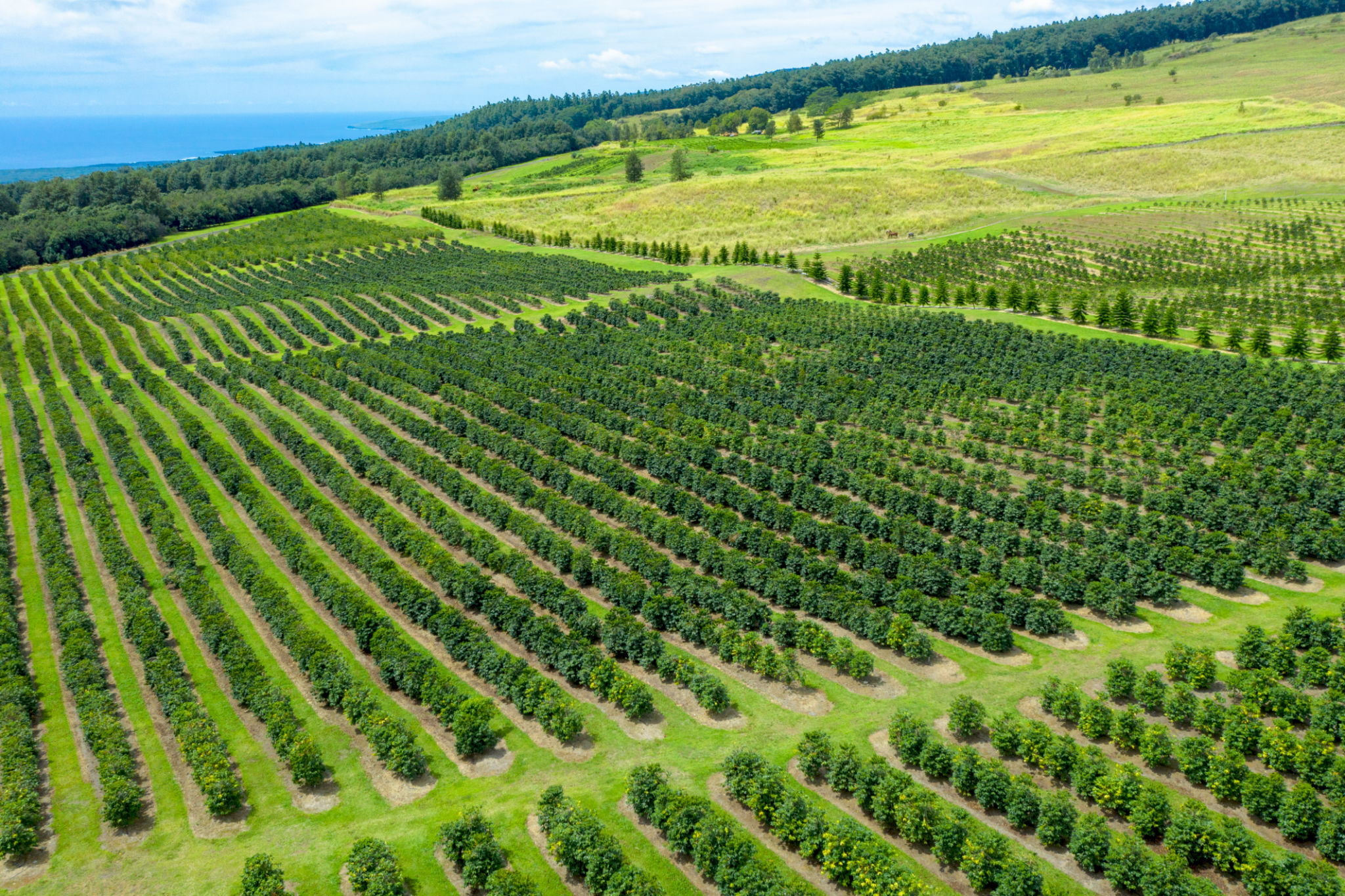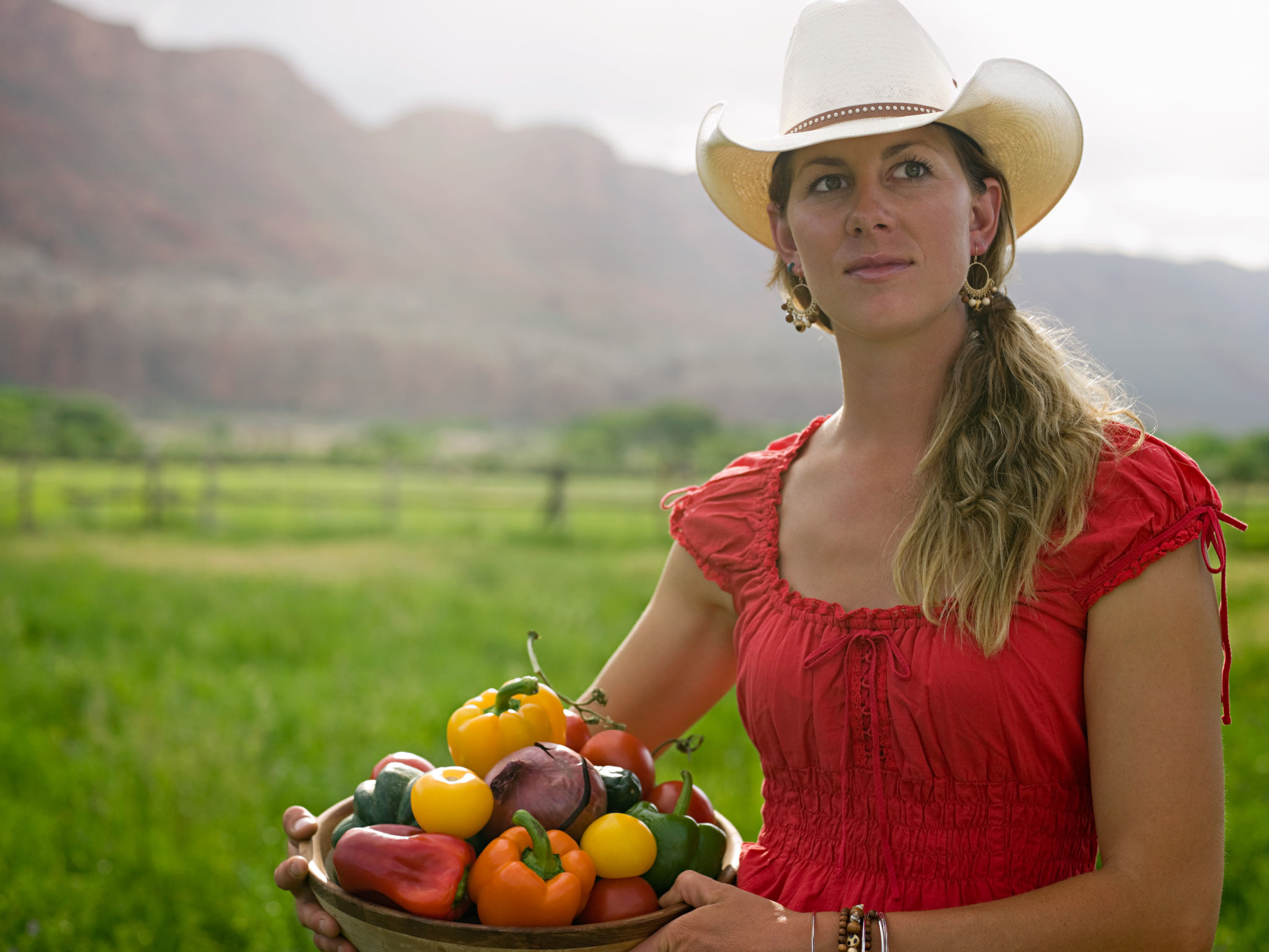How Supporting Local Farms in Hawaii Enhances Community Wellbeing
Introduction to Local Farming in Hawaii
In recent years, there has been a growing movement to support local farms, especially in regions like Hawaii. This shift is not just about enjoying fresh produce; it plays a crucial role in enhancing community wellbeing. Supporting local farms in Hawaii means more than boosting the local economy—it fosters a healthier, more sustainable community.

The Impact on Local Economy
One of the most significant benefits of supporting local farms is the positive impact on the local economy. When consumers purchase goods from local farmers, they contribute to a cycle of economic prosperity. Money spent at local farms stays within the community, helping to maintain jobs and support local services.
Moreover, local farms often employ residents, providing job opportunities and reducing unemployment rates. This economic boost can lead to increased funding for public services such as education, healthcare, and infrastructure.
Environmental Benefits
Local farms in Hawaii also contribute to environmental wellbeing. By reducing the distance food travels, we can minimize carbon emissions associated with transportation. Additionally, many local farmers in Hawaii practice sustainable farming methods, which help preserve the land and natural resources.

These practices include crop rotation, organic farming, and the use of natural fertilizers. By supporting these environmentally friendly practices, consumers can help ensure that Hawaii's natural beauty and resources are preserved for future generations.
Community Health and Nutrition
Access to fresh, nutritious food is another major benefit of supporting local farms. Locally grown produce is often harvested at its peak, ensuring maximum nutritional value. This can lead to healthier dietary habits within the community, helping to combat health issues such as obesity and diabetes.
Furthermore, local farms often provide opportunities for community members to engage in educational activities about healthy eating and cooking. These initiatives can empower residents to make informed choices about their diets.

Strengthening Community Bonds
Supporting local farms also strengthens community bonds. Farmers' markets and farm-to-table events serve as communal spaces where people can connect with each other and with the farmers who grow their food. These interactions help build a sense of community solidarity and shared purpose.
Additionally, local farms often collaborate with schools and community organizations to provide educational programs, fostering a deeper understanding and appreciation of agriculture among residents.
Conclusion
In conclusion, supporting local farms in Hawaii is a powerful way to enhance community wellbeing. From boosting the local economy and preserving the environment to improving community health and fostering social connections, the benefits are vast. By choosing to support local agriculture, residents of Hawaii can contribute to a healthier, more sustainable future for their community.